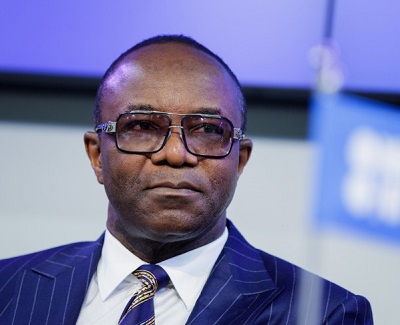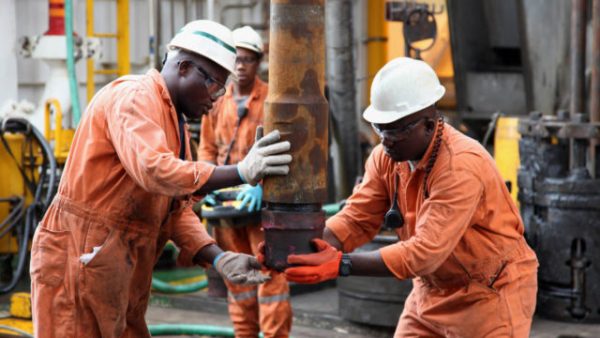Nigeria’s Inability To Generate 6,000MW- NERC Boss

Nigerian Electricity Regulatory Commission (NERC) has attributed the country’s inability to generate 6,000MW to corruption, incompetence in project management and lack of prudent public sector investment.
The Chairman of NERC, Dr. Sam Amadi, who made this disclosure recently at a forum organized by the National Association of Petroleum Explorationist (NAPE), noted that the major challenges which have hindered Nigeria from generating up to 6,000mw have little or nothing to do with the regulatory activities of NERC.
According to him, at less than 6,000mw the electricity market in Nigeria is unstable and supply will remain poor. He said that the chronic low generation is largely a result of problems associated with the gas supply. “These problems range from incoherence in gas-to-power policy, low commerciality in gas supply to power and very poor gas to power infrastructure. “The lack of gas supply necessary to fire available generating plants is the main reason we don’t have at least 5,500MW of daily generation.
We know from experience that with constant daily generation of 5,000MW, Nigerians will experience a major relief from irregular power until the major improvements are delivered.
The problem of gas supply has manifested in two main forms – vandalism of gas pipelines and poor project management of gas facilities”, he added. Amadi stated electricity supply will improve by about 50 per cent if the country is able to tackle the issue of gas supply. “Recently we have seen modest improvement in gas supply.
This has resulted in improvement in power supply. We have moved from around 2,500mw we got during the week of inauguration to about 4,300mw today. “We believe that with more improvement in gas supply arising from containment of vandalization of gas infrastructure on Trans Forcados and ELPS gas pipelines, generation may grow to about 5,500mw in a couple of months.
We have been informed that some of the reasons for increased vandalism in the last months before the elections and immediately after the elections related to rival militancy and nefarious actions of some contractors who are allegedly damaging the pipelines in order to get fresh contracts.
Due to incessant repairs of the pipelines, there is now an issue of technical integrity of these pipelines, further constraining supply of gas to power plants”, he said. He disclosed that the inadequate gas infrastructure has also contributed to the low power generation in the country, saying that the country lack adequate capacity to process gas and facilities to transport gas to power plants.
Amadi stated: “This inadequacy is itself a result of structured disconnection between power generation and gas business. Gas policy and regulatory framework until recently were not consciously focused on power generation.
So, the gas market did not process enough gas for the power sector. Much of the gas produced goes to the export market and other domestic industrial users.
Additionally, there has been manifest project failure with regards to gas transport facilities. Project failure results from both corruption and lack of managerial competence.
Both corruption in award of contract and the lack of integrity in project funding has resulted in delayed completion of the East-West gas pipelines causing low generation from power plants in the western axis”.
He argued that combination of better community response, anticorruption measures and new technology will drastically reduce pipeline vandalism. He noted that changing the incentive for militant groups to attack the pipelines by reforming the contract regime of pipeline management and improving public trust of those communities will provide longer lasting solutions.







